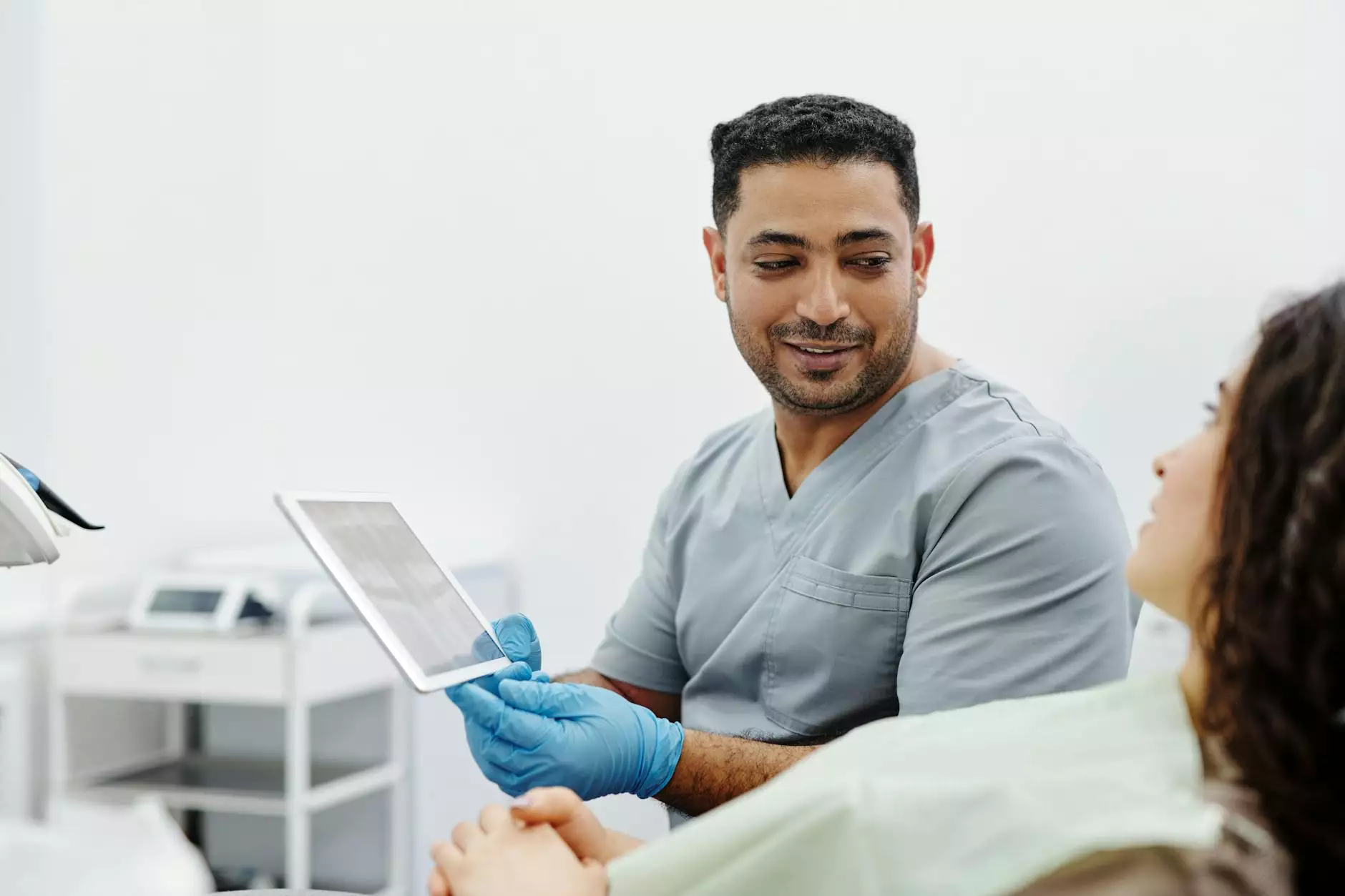The Importance of Consulting a Lung Doctor for Your Health

In today's fast-paced world, taking care of our health often takes a backseat to our busy lives. However, respiratory health is a vital part of overall well-being, and consulting a qualified lung doctor can make all the difference. This article explores the significance of lung specialists, their role in health care, and how their expertise can enhance your quality of life.
Understanding the Role of a Lung Doctor
A lung doctor, also known as a pulmonologist, specializes in diagnosing and treating diseases and conditions related to the respiratory system. This includes the lungs, airways, and other structures involved in breathing. Here are a few key areas of expertise:
- Asthma Management: Lung doctors develop comprehensive plans to manage asthma symptoms and reduce attacks.
- Chronic Obstructive Pulmonary Disease (COPD): Specialists provide treatments tailored to improve lung function and quality of life.
- Sleep Apnea Treatment: Addressing sleep-related breathing disorders is crucial for overall health.
- Interstitial Lung Disease: Their expertise is vital in managing rare lung conditions that affect lung tissues.
- Lung Cancer Screening and Treatment: Early detection and personalized treatment plans for lung cancer are essential.
Why You Should Visit a Lung Doctor
Consulting a lung doctor is not just for those who are experiencing symptoms. Regular check-ups can be crucial for early detection and prevention of respiratory issues. Here are several reasons why you should consider seeing a lung specialist:
- Chronic Cough: A persistent cough can indicate underlying lung conditions that require evaluation.
- Family History: If you have a family history of lung diseases, being proactive can help catch problems early.
- Smoking History: Former smokers or those exposed to secondhand smoke should be vigilant about their lung health.
- Shortness of Breath: This can indicate various conditions, and only a specialist can provide a thorough assessment.
- Preoperative Evaluations: Lung function tests can help prepare for surgeries, ensuring better outcomes.
The Connection Between Lung Health and Sports Medicine
In the realm of sports medicine, the role of a lung doctor is particularly significant. Athletes depend on optimal lung function to enhance performance, endurance, and recovery. Here’s how a lung doctor contributes to sports health:
Enhancing Athletic Performance
For athletes, accessing the right respiratory care can lead to improvements in performance metrics. Lung doctors conduct detailed pulmonary function tests to assess lung capacity and help tailor training programs. They can also recommend strategies to enhance breathing efficiency during activities, ensuring athletes perform at their peak.
Prevention of Exercise-Induced Asthma
Exercise-induced bronchoconstriction can hinder an athlete’s performance. Lung doctors can devise management plans that include inhalers or medications to prevent or manage symptoms during exertion.
Respiratory Rehabilitation Programs
Many lung specialists develop rehabilitation programs for athletes recovering from respiratory illnesses or injuries. These programs often combine physical therapy with specialized breathing exercises, ensuring athletes regain their competitive edge.
Physical Therapy and Lung Health
Integrating physical therapy with lung health management is essential for comprehensive care. Physical therapists work closely with lung specialists to develop coordinated treatment plans for patients with respiratory conditions. Here’s how these fields overlap:
Breathing Exercises
Physical therapists often teach patients various breathing techniques to improve lung function. Techniques like diaphragmatic breathing and pursed-lip breathing help manage symptoms and promote better oxygenation.
Increased Endurance and Strength
Physical therapy can contribute to better lung health by enhancing overall physical fitness. A well-structured exercise regimen can increase stamina, allowing the lungs to function more efficiently during physical activity.
Post-Surgery Rehabilitation
After surgeries related to lung diseases, physical therapy is crucial for recovery. It aids in restoring lung function and overall physical strength.
How to Choose the Right Lung Doctor
Selecting the best lung doctor for your needs is critical. Here are some factors to consider:
- Qualifications: Look for board certification in pulmonology and specialized training.
- Experience: Consider how long the doctor has been practicing and their expertise in specific lung conditions.
- Patient Reviews: Reviews from previous patients can provide insights into the doctor’s clinical skills and bedside manner.
- Facility Affiliations: Ensure the doctor is affiliated with reputable hospitals or clinics.
- Communication Style: A good doctor-patient relationship is essential, so choose someone you feel comfortable with.
The Future of Lung Health Care
As science progresses, the future of lung health care looks promising. Innovations in medical technology and research are continually improving the way lung diseases are diagnosed and treated. Here are some advancements to keep an eye out for:
- Telehealth Options: Increased accessibility for patients through virtual consultations allows more people to receive care.
- Genetic Research: Understanding the genetic predisposition to lung diseases can lead to targeted prevention strategies.
- Artificial Intelligence and Machine Learning: These technologies are being utilized for better diagnostic accuracy and treatment personalization.
Conclusion: Prioritize Your Lung Health
Ensuring optimal lung health is not just the responsibility of those already experiencing symptoms; it is a critical aspect of overall health that everyone should prioritize. Consulting a lung doctor can provide you with tailored strategies for maintaining respiratory well-being, enhancing athletic performance, and recovering from illnesses.
Whether you are a casual fitness enthusiast or a competitive athlete, remember that your lungs are your body's engine. Treat them with care and ensure you have a qualified lung doctor by your side to support your health journey. Your lungs will thank you for it!









